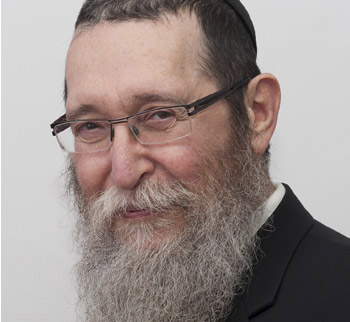Maxi Mind Learning Centres, an educational service based in Thornhill, Ont., believes we can change the belief that learning disabilities like ADHD (attention deficit hyperactivity disorder) and dyslexia need to be treated with medications. Instead of using drugs to mask the underlying issues, Maxi Minds uses brain-training exercises to helps its clients improve their concentration, memory, mood and academic performance.
Arnie Gotfryd, director of Maxi Mind, began researching brain-training techniques more than 10 years ago when one of his children needed an alternative to the conventional medical treatment of ADHD.
“In a way, I was forced into this work, and the response from the community has been astounding. With so many children being diagnosed with learning disabilities, the need for new technologies to help them succeed is imperative.”
Maxi Mind uses cutting edge technology to help students improve their focus and learn to process information efficiently.
One of the most common techniques involves sensory training exercises. “You might see a student standing on an adjustable balance board, hitting a pendulum ball over targets while listening to music. This multisensory stimulation trains the mind to focus with all its senses. When you do this often enough, the brain starts to make connections for faster, more efficient processing,” Gotfryd said.
Another technique used by Maxi Mind is engineered listening. “We’ll have students listen to Mozart or other complex orchestral pieces and have the music filtered to frequencies according to the neurological needs of the child. This stimulates the brain to improve processing and to stabilize mood,” he said.
Focus training uses brain waves to control educational computer games. “With this technique, we use software to pick up brain waves. Your mind is like the computers mouse and is used to navigate through the game. When you’re more focused, your game improves. The child can actually see their mental state on the screen.”
Parents often turn to Maxi Mind after a child is having trouble with school. “Its always a variation of the same issues – the child is acting out, they can’t sit still, or they can’t get organized, and the teacher or principle will suggest to parents that their child sees a doctor to get prescribed medications.”
Even if a child is already taking medication, Gotfryd still believes he or she would benefit from Maxi Mind. “Brain fitness is like physical fitness. You need to exercise the brain to achieve peak performance. Drugs alone can’t get our results,” he said.
To participate in a Maxi Mind brain-training course, parents should contact the company for a free assessment. During the assessment, Maxi Mind coaches will determine a baseline of the student’s learning abilities so that improvements can be tracked and the best techniques for that child can be determined. A diagnosis of a learning disability is not required for participation.
An average brain-training course runs 30 to 40 sessions with each session lasting about an hour. Results can start to be seen after just a few weeks. Courses can usually be completed in about half a school year, or students can participate daily over the summer. The sessions can take place in Maxi Mind therapy rooms, or in the child’s home or school.
“Every parent’s goal is to have their child succeed and this is a way of making a lifetime difference,” Gotfryd said
